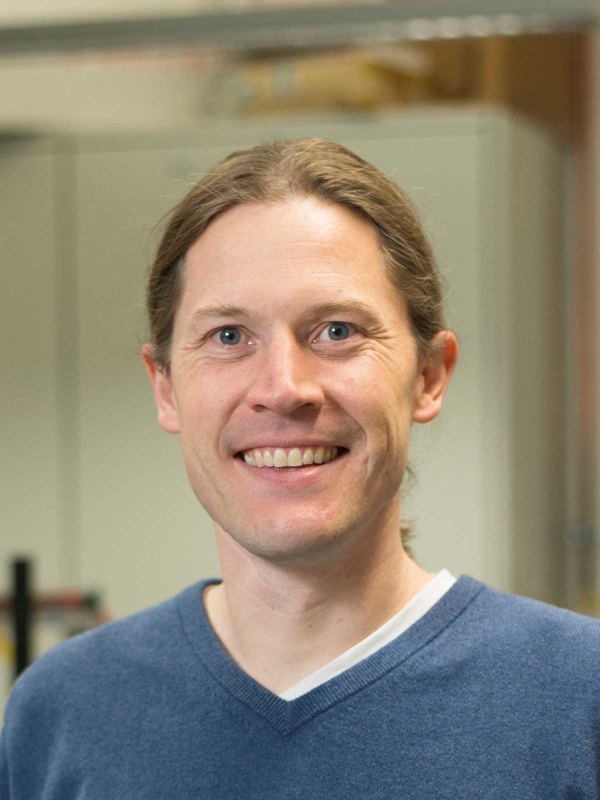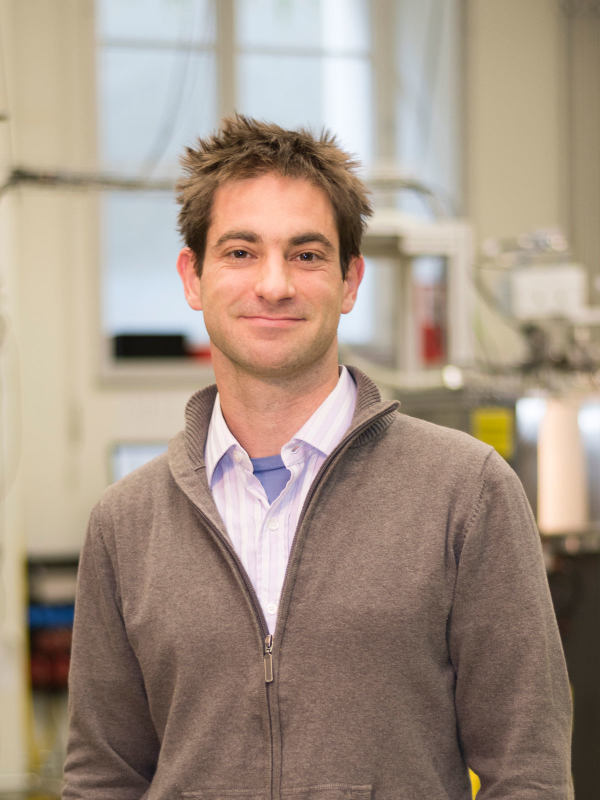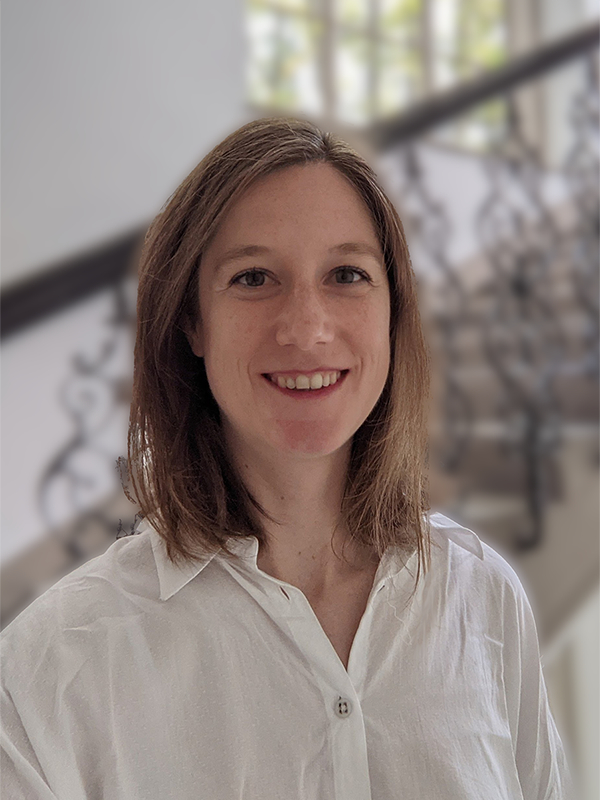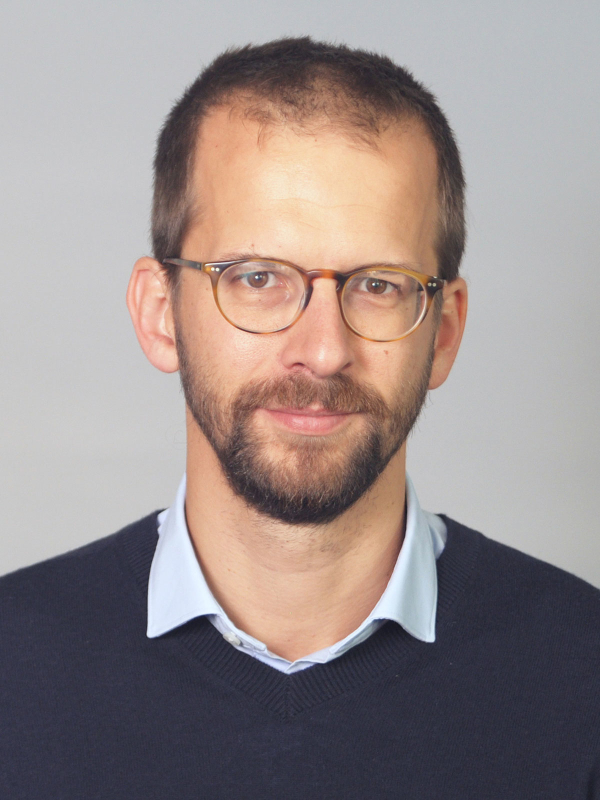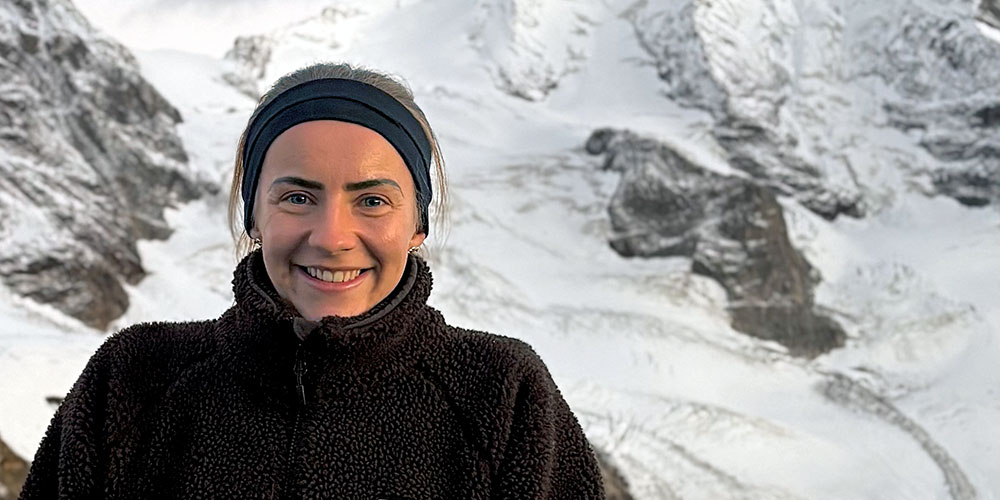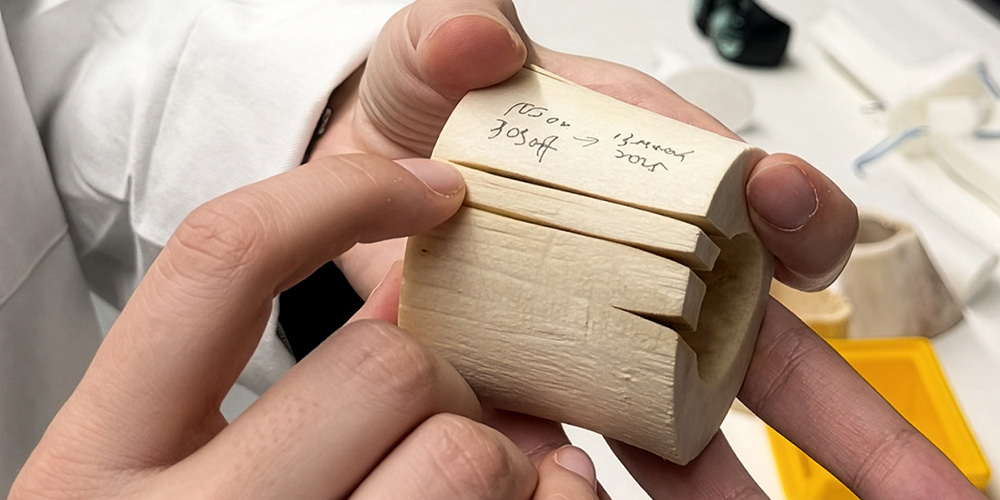Success in the Quantum Transitional Call 2022
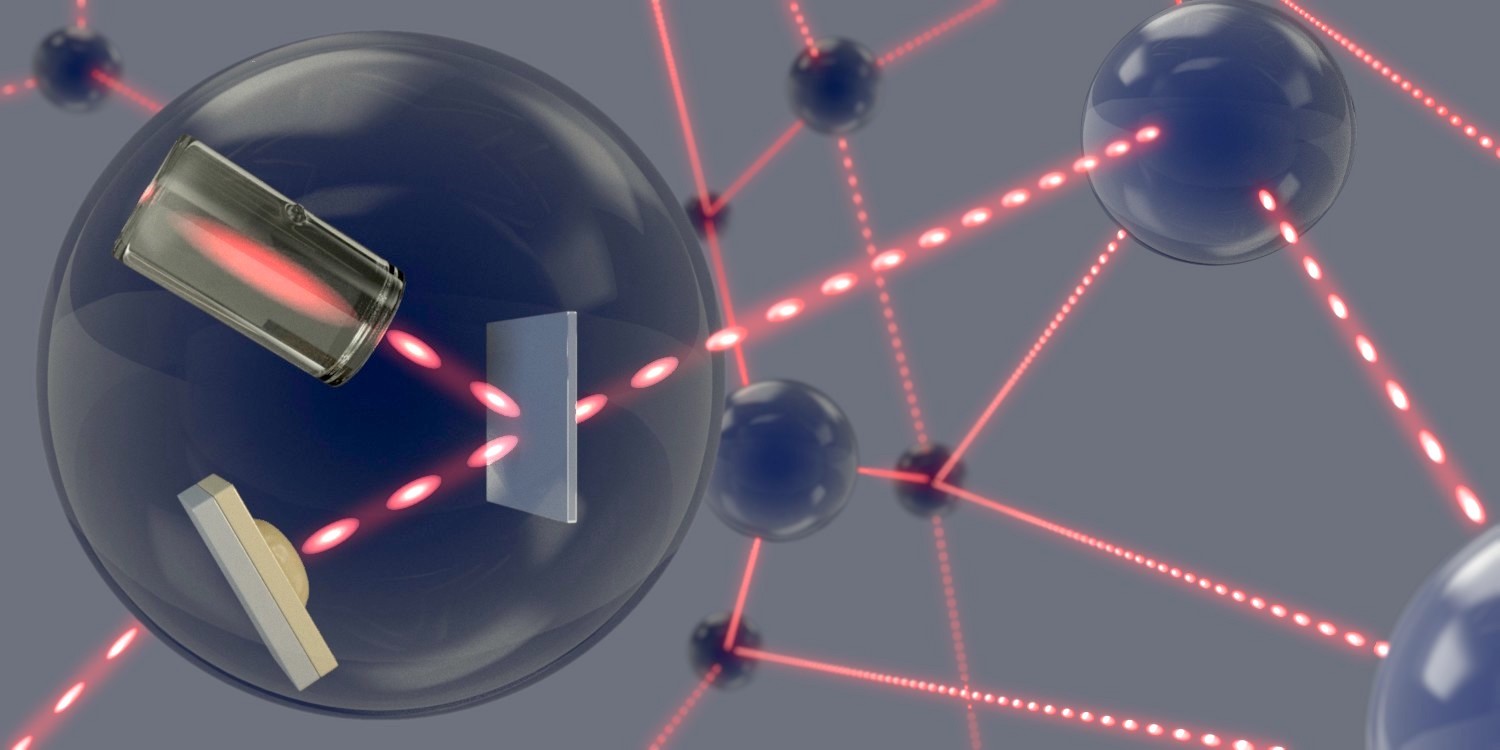
The University of Basel was very successful in the Quantum Transitional Measure Call, launched last year, to compensate for Horizon Europe Calls that were not open to researchers based in Switzerland. Five Groups from the Physics department are involved as main principal investigators (PIs) or co-PIs in successful projects:
- EnsQSens: Patrick Maletinsky, Unibas (PI); Co-PIs from CSEM
- GraQuaDotQb: Thomas Ihn, ETH Zürich (PI), Andrea Hofmann, Unibas (Co-PI)
- sQnet: Philipp Treutlein, Unibas (PI), Richard Warburton, Unibas (Co-PI)
- SuperSQUID: Martino Poggio, Unibas (PI)
We have asked the researchers about the significance of this funding scheme for their research.
Question 1: What is the significance of the quantum transitional measure project for your research?
Philipp Treutlein
Our research group was part of the Swiss-coordinated consortium macQsimal in the Quantum Technologies flagship of the EU, which combined researchers at universities, RTOs and companies to develop quantum technologies based on atomic vapour cells. Despite a very successful start, the project came to an abrupt end due to the non-association of Switzerland with Horizon Europe. The quantum transitional call project sQnet will allow us to continue and further develop our QT activities with atomic vapour cells, with some refocusing and adaptions to match the changed boundary conditions of the call compared to the QT flagship.
Patrick Maletinsky
The quantum transitional measure is key for the research we intend to pursue in our project ensQsense. Without the transitional call, we would have no funding for this project and the project could not have been conducted.
Martino Poggio
This transitional measure allows us to fund our work on developing and applying scanning SQUID sensors. With the end of the NCCR QSIT and the exclusion from European quantum calls it allows us to continue this work in earnest. Without it, we would certainly have had to shrink the size of the group and reduce our efforts on scanning quantum sensors. So for us, it really provides a life-line to keep some of the most promising research in the group moving forward.
Andrea Hofmann
While I had no previous participation in a quantum flagship project, the call enabled us to start a collaboration with Thomas Ihn from ETH Zurich on qubit experiments on a material system, that is now emerging and promising for quantum dot qubits, namely bilayer graphene.
Question 2: How adequate and useful is this instrument as a replacement for quantum calls in Horizon Europe for which Swiss organisations are not eligible?
Patrick Maletinsky
No such unilateral measure can fully compensate for our exclusion from Horizon Europe, since Switzerland alone can neither offer the scientific network nor the financial scope offered be European research funding. However, SERI clearly did what they could to compensate from our exclusion. As such, the instrument was as adequate and useful as it could possibly be.
Martino Poggio
Certainly it does not replace the collaborative element of participation in Horizon Europe. Nevertheless, the funding ensures that we do not have to cut back on successful and promising research simply, because there are not enough funding instruments available for research groups pursuing quantum projects. I see it at a very useful and effective stop-gap measure, but certainly not a long term solution. In the long run, if we are to remain competitive with the rest of Europe and beyond in the quantum area, Switzerland has to match the major investments that other countries are committing. Otherwise, we will fall irreparably behind in this area. Certainly this call buys us some time.
Andrea Hofmann
With large collaborations including many leaders of a given field, the amount of know-how and people are larger and hence, the pace of research is faster. In our case, the quantum transitional call enabled us to initiate a smaller project, which will allow us to make some progress within Switzerland.
Philipp Treutlein
The quantum transitional call helps mitigate the worst consequences of the exclusion of Swiss researchers from the quantum calls of Horizon Europe, by allowing us to maintain know-how and continue some of the activities that were built up during the ramp-up phase of the QT flagship. This is very helpful and much appreciated. However, the transitional call is by no means a replacement for the QT flagship calls. It came too late for a true continuation, and the European partners had already formed new consortia for the QT flagship, without Swiss participants. Second, even though research groups from abroad can participate to some extent, the Quantum transitional call is focused on Swiss groups and does not allow for the large-scale international consortia that were characteristic of the QT flagship. The goal of Swiss politics should remain the full association with all European research funding programs.
Question 3: Did this funding instrument allow you to continue collaborations with other researchers in and outside of Switzerland?
Martino Poggio
The call has allowed us to continue a successful collaboration with the Wallraff group at ETH Zurich in which we use our imaging tools to characterize their superconducting devices designed for quantum computation. Without such funding, this work would have been halted.
Philipp Treutlein
In our case, the transitional call allowed us to continue collaborations with other Swiss researchers, which we had established in the quantum flagship, but not with researchers and companies from abroad.
Patrick Maletinsky
Yes, it did. It allowed my group to establish a new collaboration on a new research direction with the CSEM. It further allowed me to maintain a key research collaboration with the French CNRS - a collaboration I built over the last four years within the EU Quantum Flagship and that can now continue - albeit at a smaller scale (financially and concerning the number of involved partners) than it would have within Horizon Europe.
Andrea Hofmann
This call actually initiated a collaboration within Switzerland, between Unibas and ETH Zurich. Since the field of bilayer graphene qubits is just starting to grow, we hope that with this collaboration, we can get Switzerland into a strong position.

